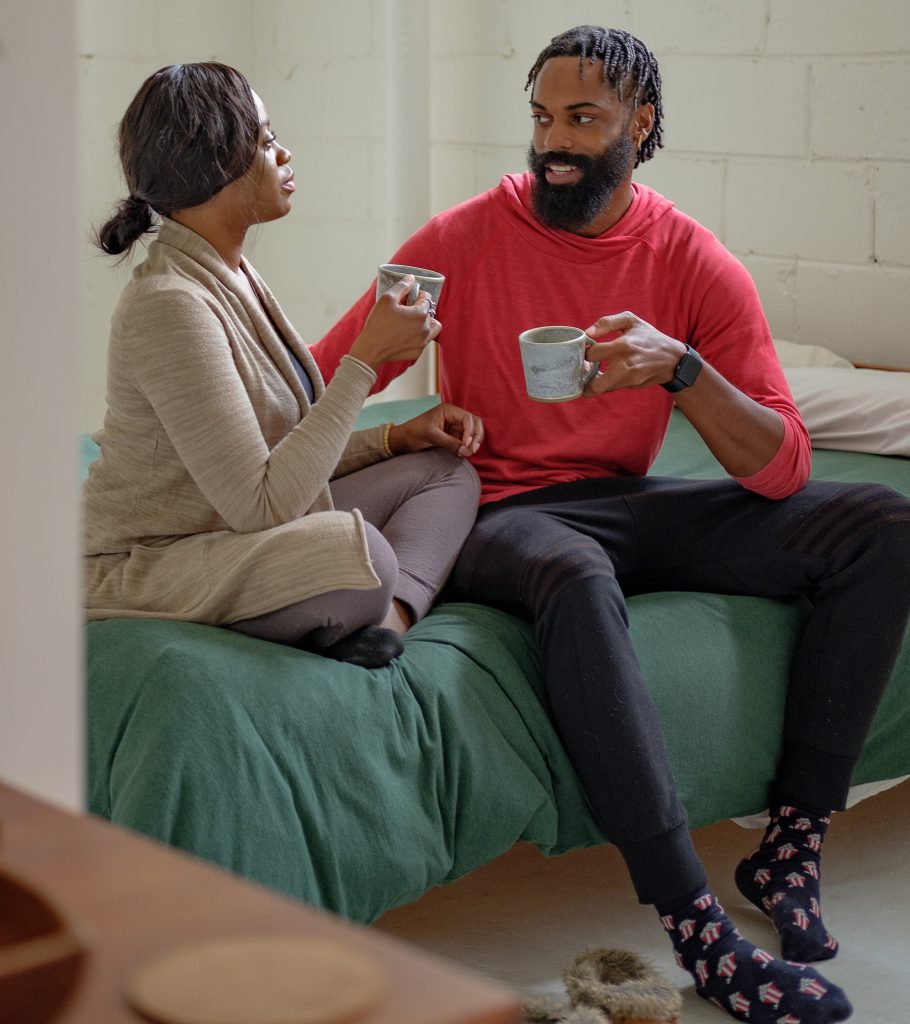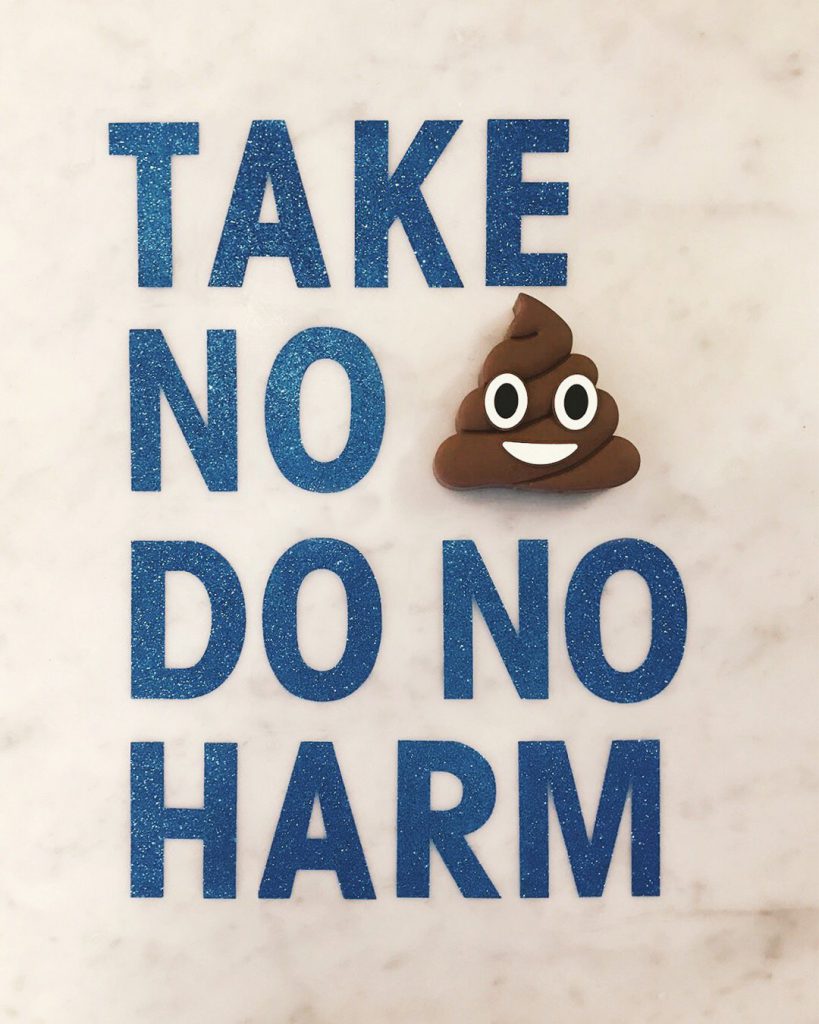
How many of you have experienced what I like to call the “Have you tried…” statements, relating to your ADHD?
Have you tried…
I’m guessing I’m not the only one who’s experienced thinking here we go again, ugh! Am I right?! Probably more times than we would like to count.
It’s baffling how people oversimplify ADHD, or think they’re an expert because they watch certain videos on YouTube, instead of taking the time to educate themselves or learn how to support someone with ADHD.
This isn’t just an issue with unsolicited advice, micro-aggressions include statements such as “Isn’t everyone a little ADHD or ADDUH?”. Unsolicited advice, and micro-aggressions have one thing in common – the way they make the person on the receiving end feel, for example:
- Alone
- Irrelevant
- Frustrated
I used to get overwhelmed, and frustrated by unsolicited advice when I was first diagnosed with ADHD. I eventually implemented the following rules which helped me create coping skills to overcome this challenge.

Three Rules Everyone With ADHD Should Know About Coping With Unsolicited Advice and Micro-aggressions
Rule #1: Be willing to walk away
A big reason it’s difficult to talk about things related to your mental health is that people refuse to take the time to understand your perspective. Whenever people have given me unwanted advice, my reflex is to educate them on ADHD.
I’ve been made to me feel like I’m the bad guy because I listen to professionals, and that was one reason I was so hesitant about taking ADHD medication.
Then I learned the power of disengaging and walking away from certain people, or types of conversations. I created boundaries (I’ve included a couple of video links on this topic in the resources list at the end of this article) by requesting that friends and family stop speaking to me in this manner.
I made it clear that if they didn’t, I would limit time with them, even if it meant ending a friendship. This resulted in my friends list online and offline getting smaller. At first, this made me feel like a bad person. Now I realize that I’m not the bad guy for not listening to unsolicited advice especially when it’s not helpful, or it’s harming me.

Rule #2: Choose the people and things that support you
It’s important to acknowledge your self-talk and feelings as a result of the unsolicited advice. What I mean by that is this is, many times we tolerate conversations because of guilt, fear or loyalty. What do you do when you realize that something is off?
A great exercise that I’ve found, in combination with using boundaries, comes from the book Get Out Of My Head (Available on Apple books). The exercise is called Red Dot / Blue Dot. Here’s how it works.
Label the things which you find supportive with a red dot. Things like support systems, and various therapeutic interventions. Label the not so helpful stuff with blue dots.
I use a variation of this. I put things and people in two categories: Helpful and Unhelpful for living wth ADHD. Then I add a third category: reasons why I shouldn’t feel bad about treating my ADHD.
Rule #3: Know the facts
Learning the difference between Attention Deficit Hyperactivity Disorder facts and fiction may seem counterproductive to deal with other people and unwanted advice but, the more we know, the better we’re able to react to unhelpful beliefs and opinions. How do you deal with people who you can’t walk away from, who constantly tell you what you should or shouldn’t do, or force their opinions on you?
- Write down your questions or concerns and talk about them at your next doctor or therapist appointment.
- Acknowledge your own beliefs, because we all have unconscious biases and that’s ok. Here’s a great article by Rick Green on dealing with erroneous beliefs people have about ADHD.
- If you get information online, make sure you use sites that provide quality information such as this one (of course!), HowToADHD, CHADD to name a few.
- Don’t feel badly about using the facts you’ve learned to correct someone else’s misinformation.
- Accept that everyone may not understand the complexities of ADHD, but that doesn’t mean your struggles aren’t valid.
- Don’t feel badly about not taking advice from people who don’t understand ADHD.
These tips won’t completely eliminate unwanted advice from your life, they’re created to help you learn to react to it in a healthier manner. Empower yourself by using the things within your control to cope with the things that are not in your power.
About Sandy Pace

In 2015, I came across two advocates who changed my life: Rick Green at TotallyADD, and How to ADHD’s Jessica McCabe. I honestly can say they’ve changed my life in ways I never thought possible. Through inspiring me to become an author/advocate and help others in their journey.
Since then, I’ve been featured in: Thought Catalog, Libero Magazine, Mediums Invisible Illness & Beautiful Voyager, plus SOS Safety Magazine.
In addition to writing, I’m in the process of becoming a certified peer support worker, so I can empower others living with a mental condition. I’m additionally diagnosed with ADHD, and proud to be a passionate advocate who does everything in my power to eliminate the stigma attached to ADHD and medication.
You can find more of my articles at Medium
Other Resources:
- Here are two great videos showing examples of how to talk to a person who won’t respect your boundaries by Kati Morton and HowToAdhd
If you know someone who gives advice, or you want to know how to support a person check out the following article on that topic.




This is a very good article! I wish I would’ve read something like this when I was in my mid-30s and newly diagnosed. 34 years later I no longer have problems with unwanted advice. The only person who comes close is my beloved sister, and I’ve learned how to gently reply to her unwanted advice. Keep up your good work! I hope many newly diagnosed adults are able to read this article.
Thanks I appreciate you taking the time to comment and I’ve done the same with unsolicited advice. It can be difficult at first but when you understand it’s ok to do things such as what I mentioned in the article. It helps you to empower yourself in your treatment and also in your life in general I’ve found